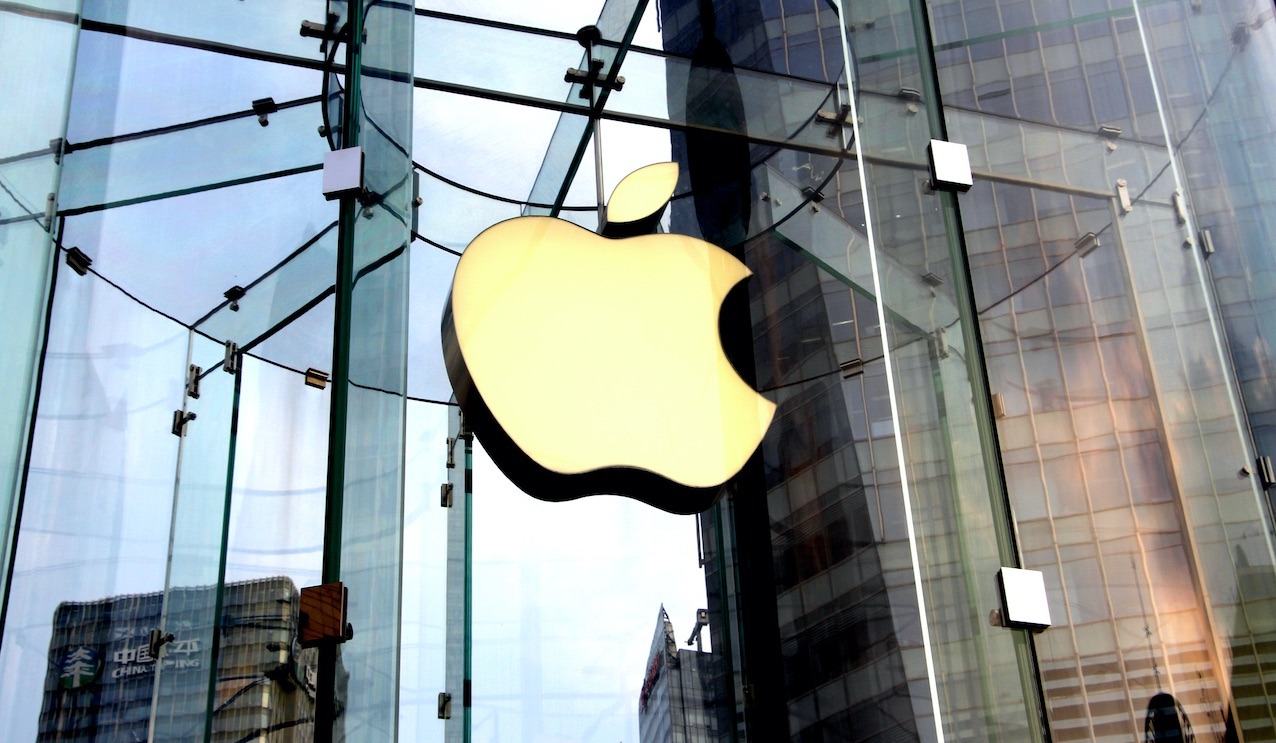Apple asked Taiwan-based suppliers to label products as “Made in China”. An attempt to avoid discomfort due to the strict Chinese customs inspections related to the visit to Taipei of Nancy Pelosi. According to Nikkei Asia, the request would concern components destined for mainland China, which should be reported as manufactured in “Chinese Taipei” or “Taiwan, China”. These labels would be necessary to comply with an old rule according to which imported goods suggest that the island is part of the People’s Republic of China. So let’s try to understand what is happening.
Apple: Taiwanese suppliers will have to label products as coming from China
According to a rule pertaining to the Chinese market, the indication “Made in Taiwan” can lead to delays, fines and even the refusal of the shipment. But Taiwan itself requires that exports be tagged with the point of origin: either the name “Taiwan” or the country’s official name, “Republic of China”. A rather thorny issue for Apple, which has asked its Taiwanese suppliers to label products with the indication “Made in China”. A somewhat offensive move according to some, which is added to the decision of remove Taiwan flag from emojis for China and Hong Kong users.
“Unfortunately, we suspect that Apple’s ‘red line’, the moment in which it will say: ‘Enough, no more, we cannot continue to collaborate with the Chinese regime and enforce its demands for censorship’, is nowhere near.” So declares Benjamin Ismail of GreatFire, which works against Chinese online censorship. On the other hand, the company may also have felt compelled to accept China’s demands. Delays from suppliers would be a bane for Apple, which is heading to final stage of Iphone 14 production. On the other hand, supply chain shortcomings are already making themselves felt, with the company having decided to sell the standard models with the same chip chore found in the iPhone 13.
Yet now it seems Apple’s choice to diversify suppliers is starting to pay off. According to Kuo, the company plans to ship the iPhone 14 models from factories in India together with his Chinese manufacturers the day of release. An important novelty for Apple, which has always let Indian factories enter production only after the release of the new iPhone series. This year, for example, Foxconn’s Indian sites began assembling the iPhone 13 in April, which is several months after its actual launch. On the other hand, the models produced in India and Brazil largely serve a meet the demand of local marketsand are not intended to be exported all over the world.
In this sense, the importance of Apple’s factories in China is clear. This is where most iPhones are manufactured. Right where customers buy them more frequently.















Leave a Reply
View Comments